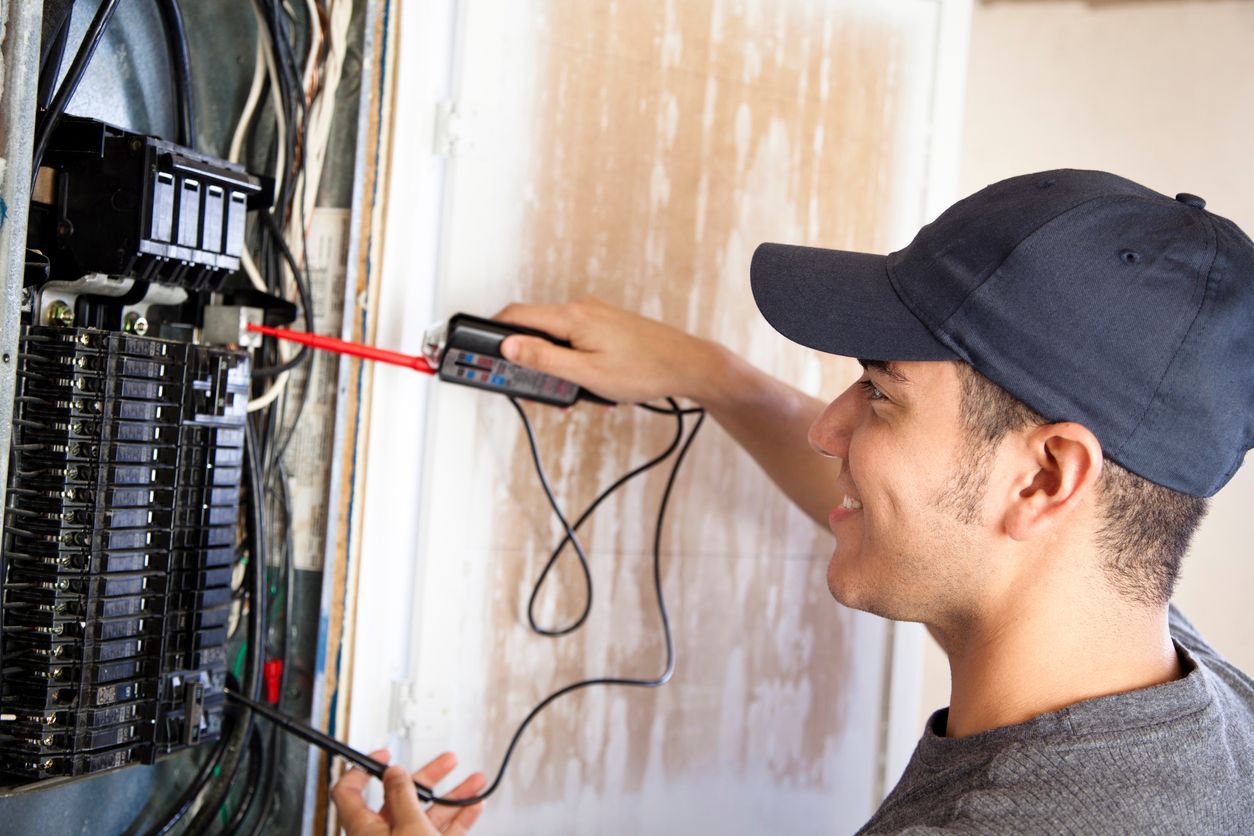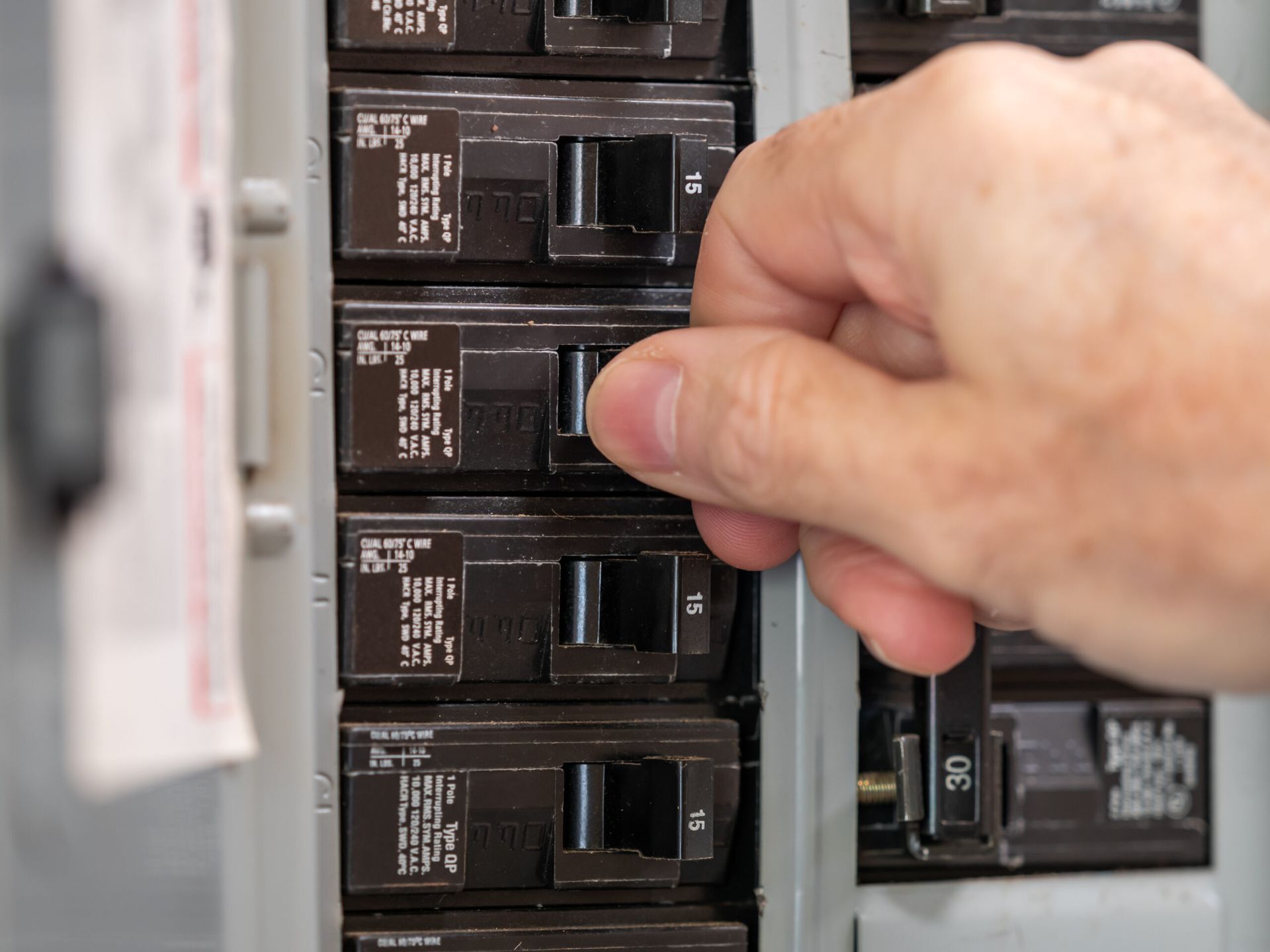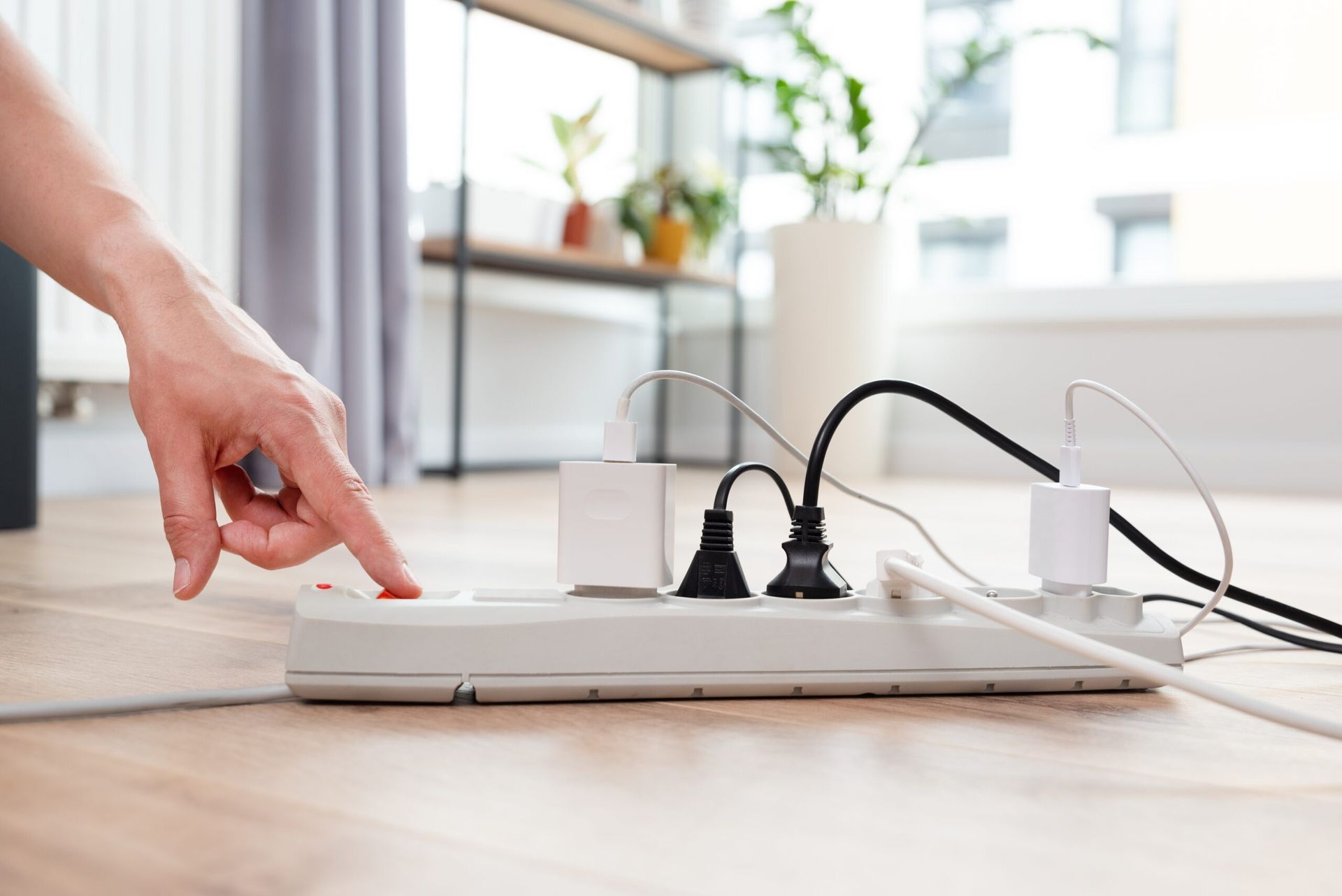Official Heating and Cooling Blog of Client Name
Stay Informed With Our Electrical, Plumbing, & HVAC Blog
The team at B&W Electric is committed to helping you make the best choices for your home or business. And as part of that commitment, we provide practical advice and all the latest updates through our electrical, plumbing, & HVAC blog. Check it out today to discover everything you need to know about the newest trends and how to take better care of your systems.
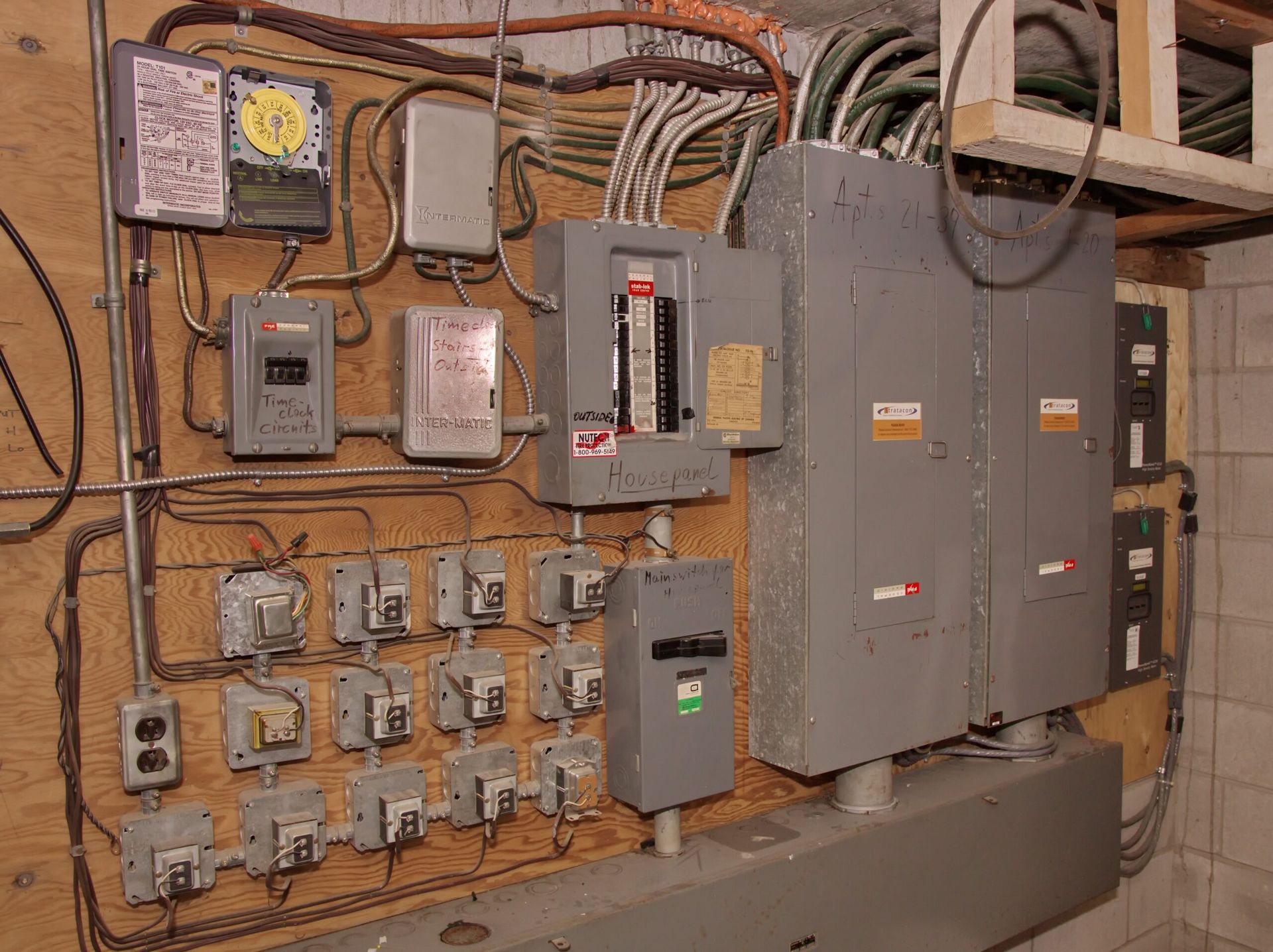

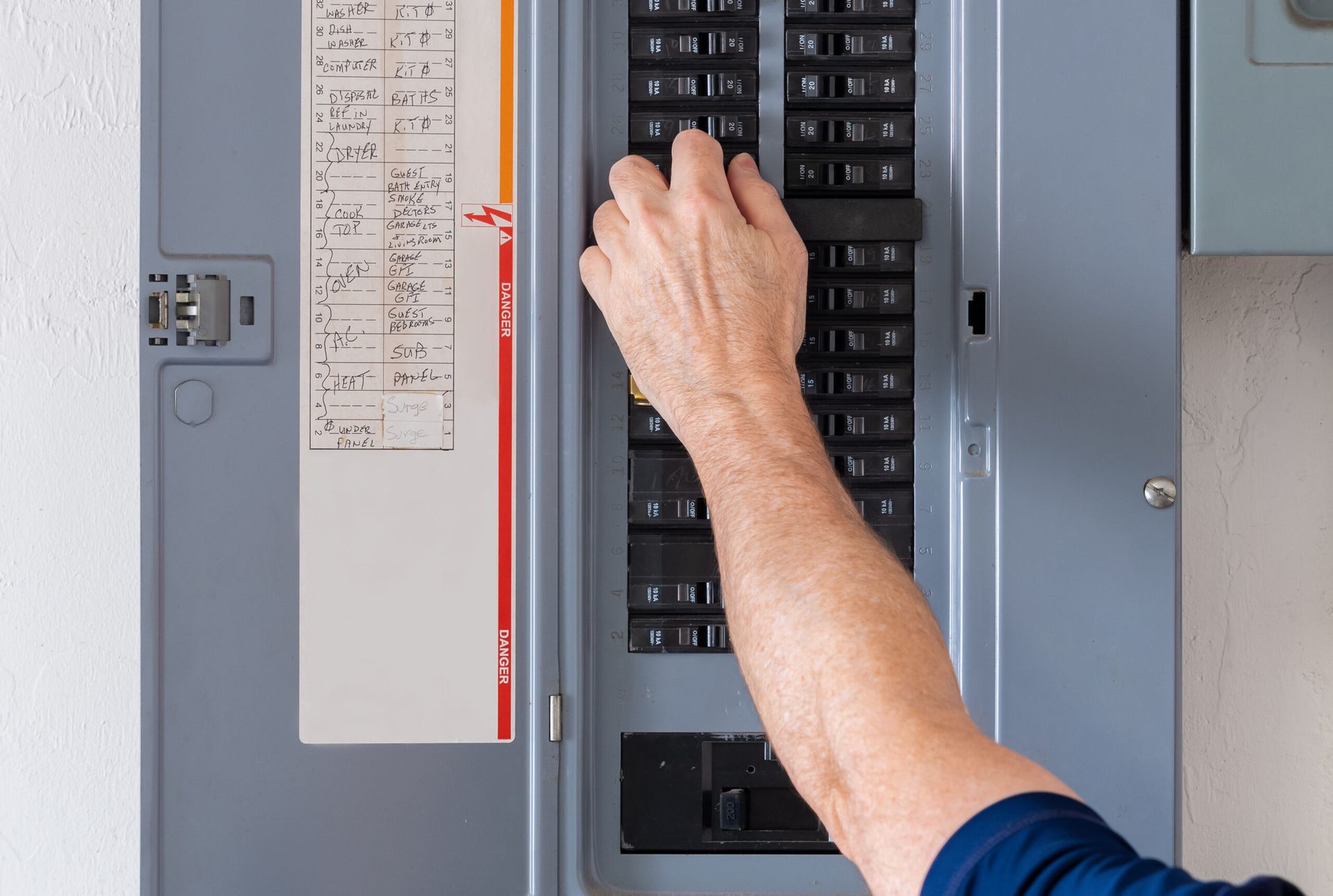

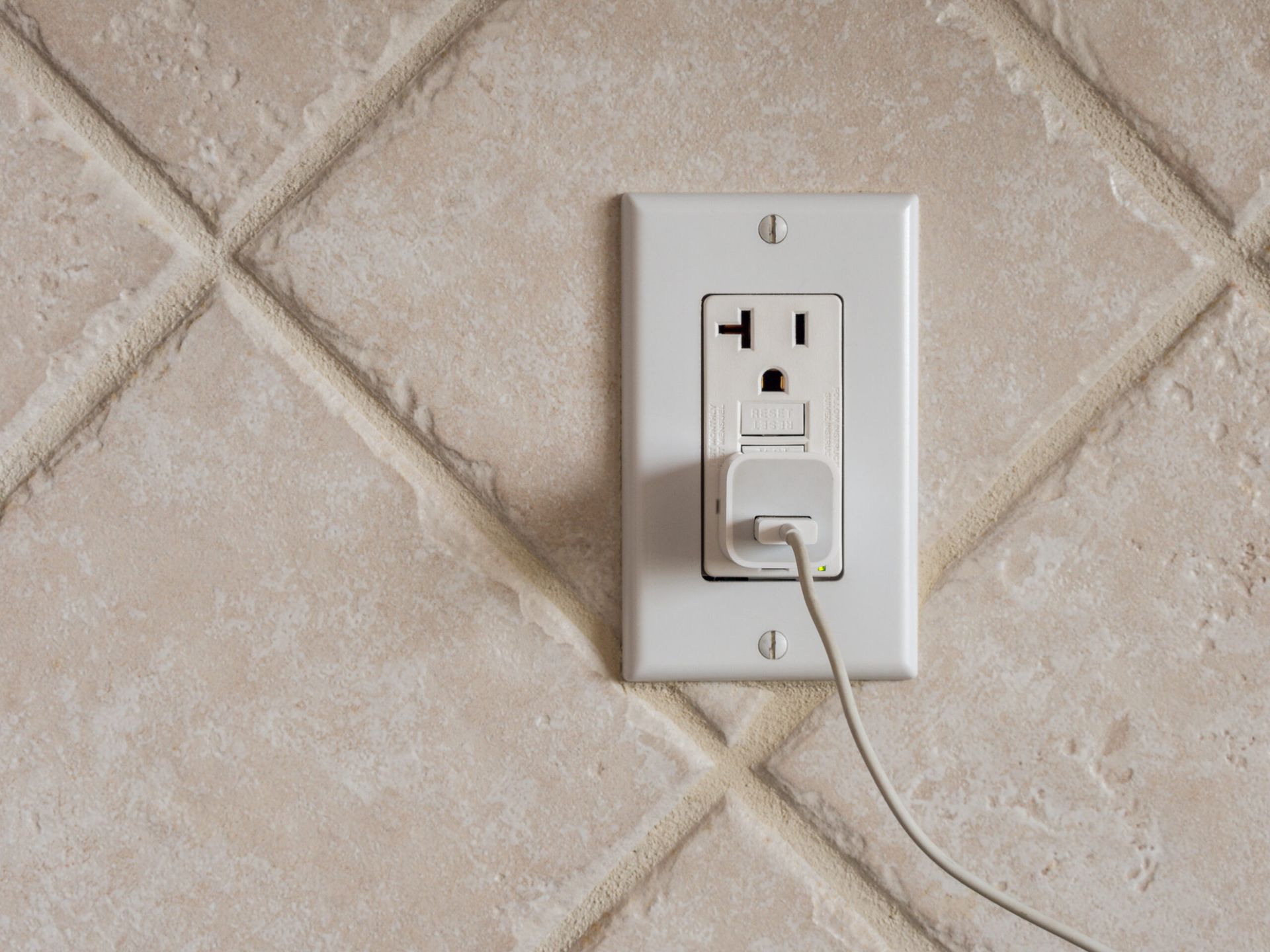


The Latest Industry Innovations
The industry is always moving forward and introducing modern solutions for all your electrical, plumbing, and HVAC needs. With our blog, you can ensure you stay up-to-date on these latest developments so that you can benefit from everything the industry has to offer.
Practical Tips for Your Home or Business
Additionally, reading through the B&W Electric blog will help you ensure the safety of your home’s plumbing, reduce your HVAC energy costs, and take advantage of the latest smart home technologies to make the most of your home or business.
You’ll see how our team provides a full range of modern solutions to deliver the best results on all fronts, in addition to a wide range of practical insights into installations, repairs, and maintenance. Making just a few simple changes can make a big difference when it comes to safety, energy efficiency, and system longevity. And you can count on our experienced team to deliver practical information you can put to use today.

